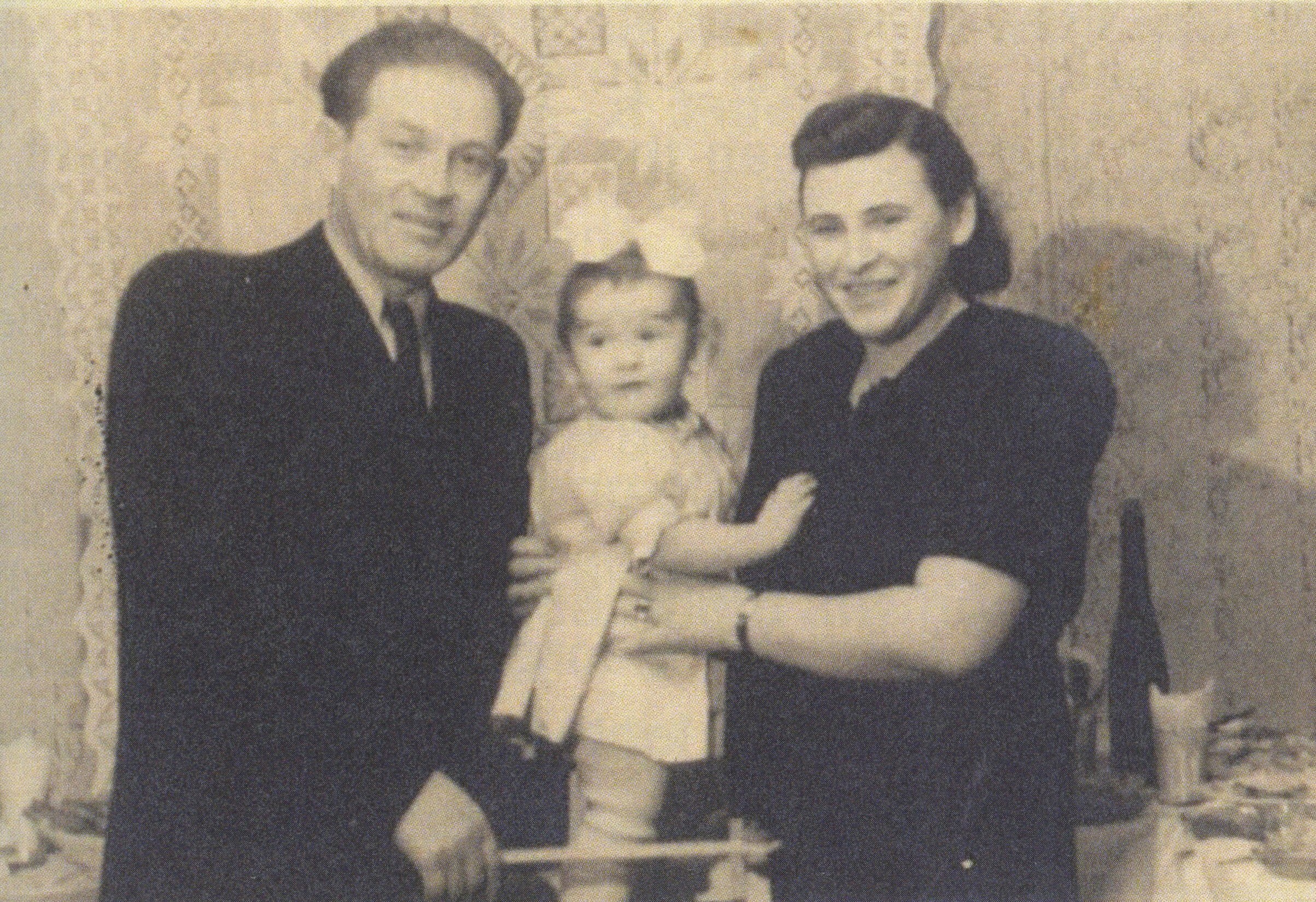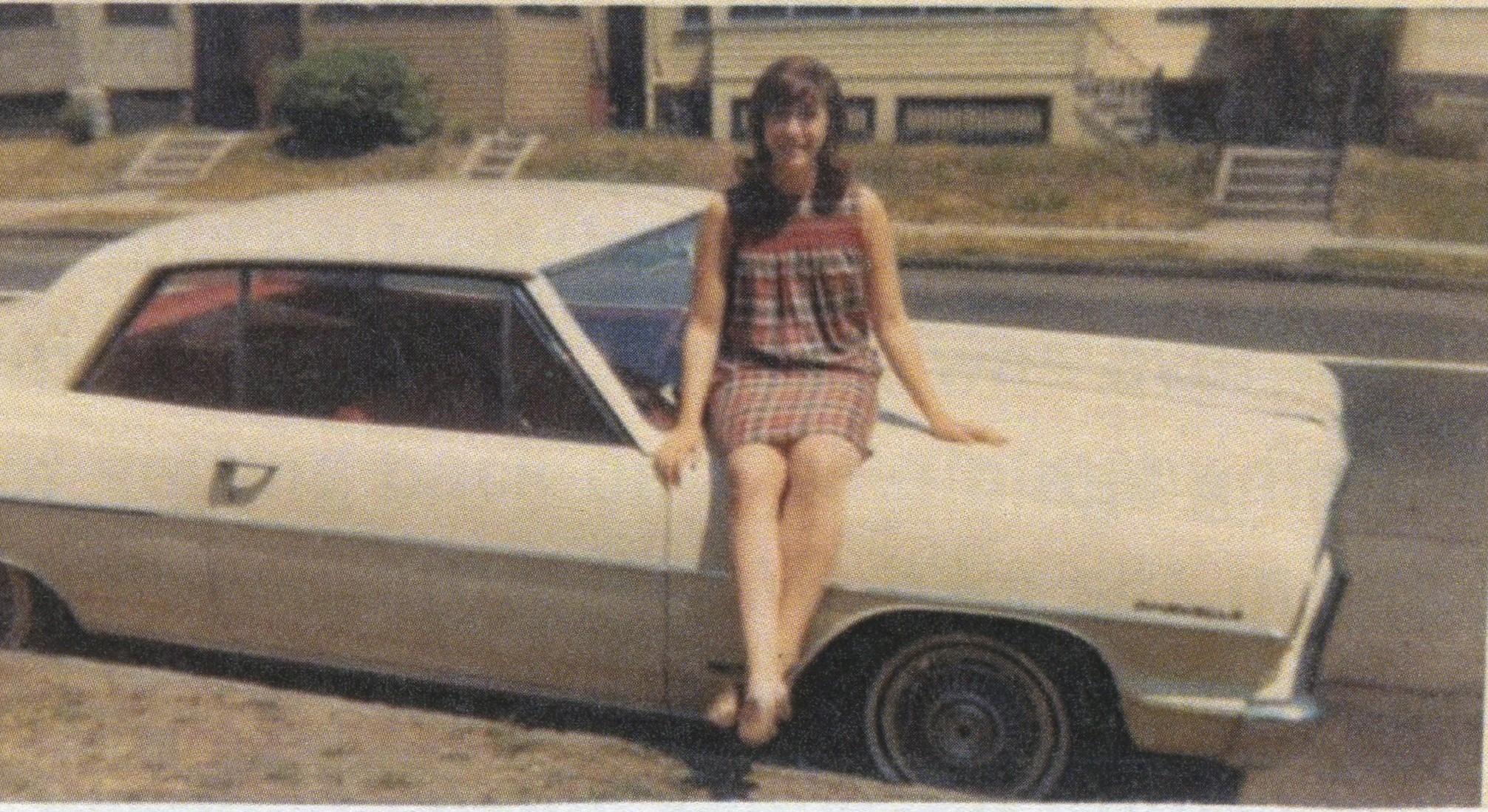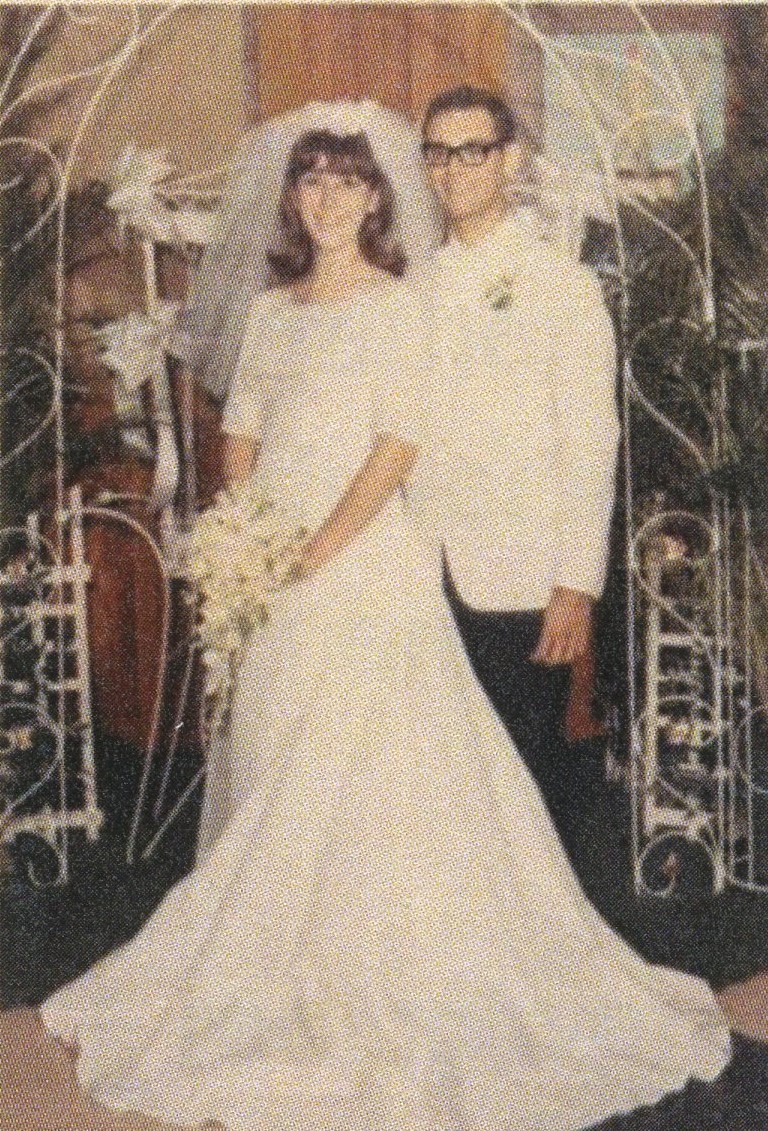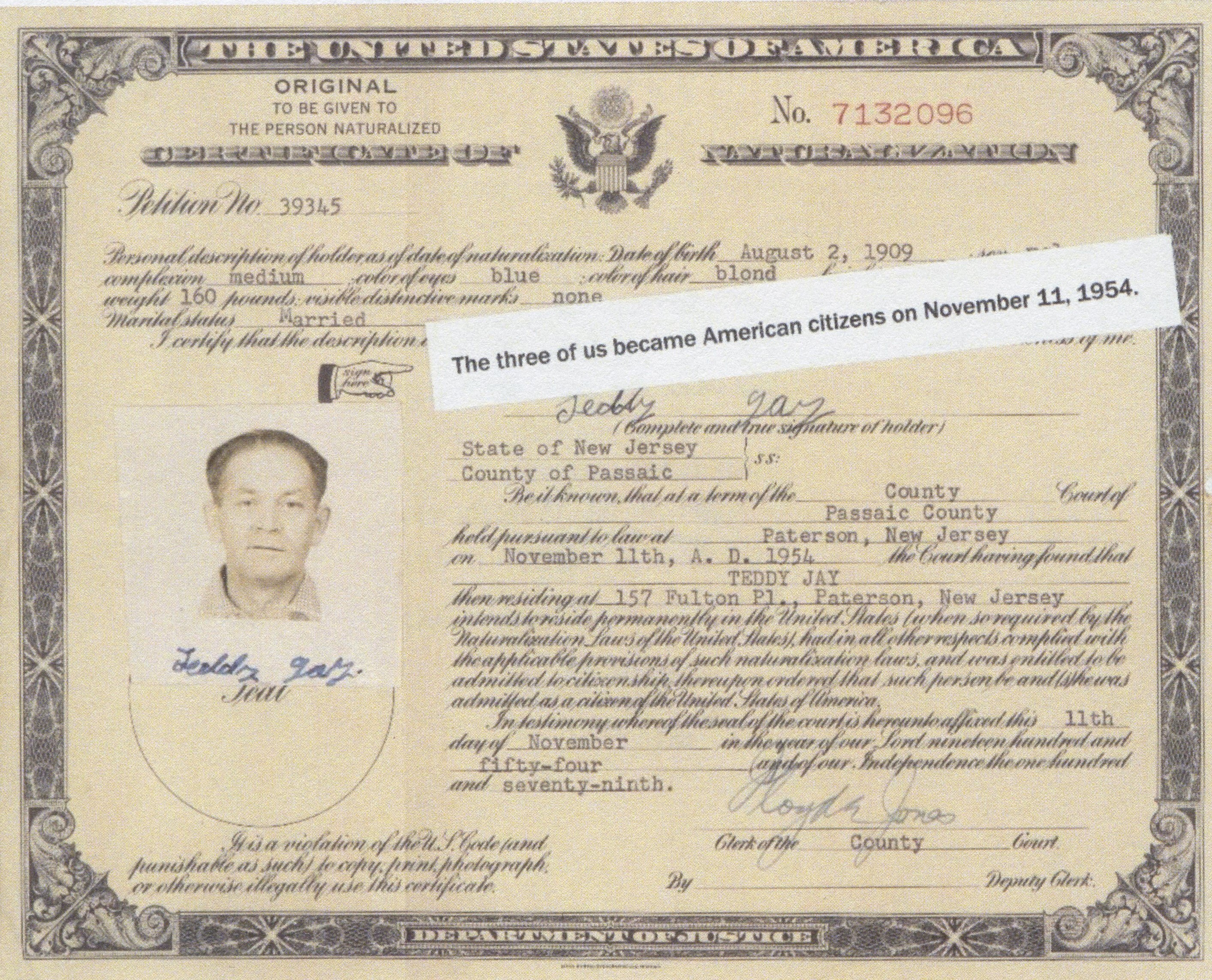|
Where were you born? That is a common enough question isn’t it? --- Unless you were born in Germany, in a displaced persons camp. As a child, I would try to change the name of the location from Bergen Belsen to Bergen, or just say near Munich. I was too embarrassed to say where I was born. Not only that, but I didn’t have a birth certificate. Imagine having no proof that you were born! As an adult, when I would say Bergen Belsen, those that knew some history would ask, “In a concentration camp?” I would then have to provide a history lesson on how after the war the British destroyed the camp by burning it down and building a place for survivors of that camp to live. They even used military barracks for housing. [When I was visiting the Holocaust Memorial Museum many years later] I wondered if the Museum had any information like that at their disposal. Miracle of miracles, I received an email with an attachment of a copy of the registration book of the British hospital at the camp. It was a page showing my birth date, birth time, parents, and parents’ cities of origin. I now had a feeling of peace.
My parents and I came to the United States in June 1949, when I was two years old. We had a sponsor in Paterson, New Jersey, my mother’s Aunt Ida [and Uncle Wolff] Cohen. It was the responsibility of the sponsor to provide us with a place to live, a job for my father, and the task of helping us to acclimate to the new life ahead of us. We spoke Yiddish at home and all the family friends were survivors so we heard and spoke Yiddish all the time. When I started school at age 5 years, I didn’t speak or understand English, but children, including myself, pick up languages more easily at such a young age. My mother wanted me to speak English at home so she could learn the language, but she always spoke Yiddish to me throughout her life. She watched soap operas and movies on television to hear and become familiar with the language. My father was a baker so he learned English on the job. As I got older, I became the family translator for doctors’ visits, shopping trips, and even the family check writer when they got their first checking account. It was definitely not a responsibility for a child to have.
It was hard to fit into American culture when my only role models were other “Greenies” (nickname for immigrants with green cards). I thought that if I strived for perfection my parents would be very proud of me and I would be able to make up for what they lost in the war. School was the place where I could accomplish my self-imposed goals. Of course, school was a place for learning many things, but for me it was a place to learn to read.
My parents never taught us to hate anyone, especially not the Germans. Whenever Helen [younger sister born in 1950] and I asked questions, my mother always answered them. However, we learned over time the horrible things that happened to both parents, so we never wanted them to relive their pain so our questions were few, which I now regret.
I grew up knowing that my parents had suffered terrible trials during WWII which molded them into the people I knew. I wish I could have known what their personalities were like before the war, and the relationships they had with family members. My sister and I never had grandparents, aunts, uncles, or cousins to celebrate life’s special occasions or to share family stories. That is why family is so important to me. I hope that my descendants will read [this book] with laughter and tears and understand how I became the person they know as Grandma.
Firsts
Do you remember some of the things you did for the first time? I have some interesting memories that I decided to share:
*My first birthday was in Bergen-Belsen, Germany.
*My first day of kindergarten was very special. I started school and loved it throughout my childhood and even into my career.
*The first time I wore high heels was when I went to a dance with a young man who was a cadet at the Miami Military Academy.
*My first mah jongg set is an antique from the 1920s or 1930s, a gift from a customer of my mother.
*I was the first and only family member of my family to graduate from college.
*I was the only one of the Jay girls to have a bat-mitzvah. It was in 1998 with an adult class at Temple Shalom in New Jersey.
|



